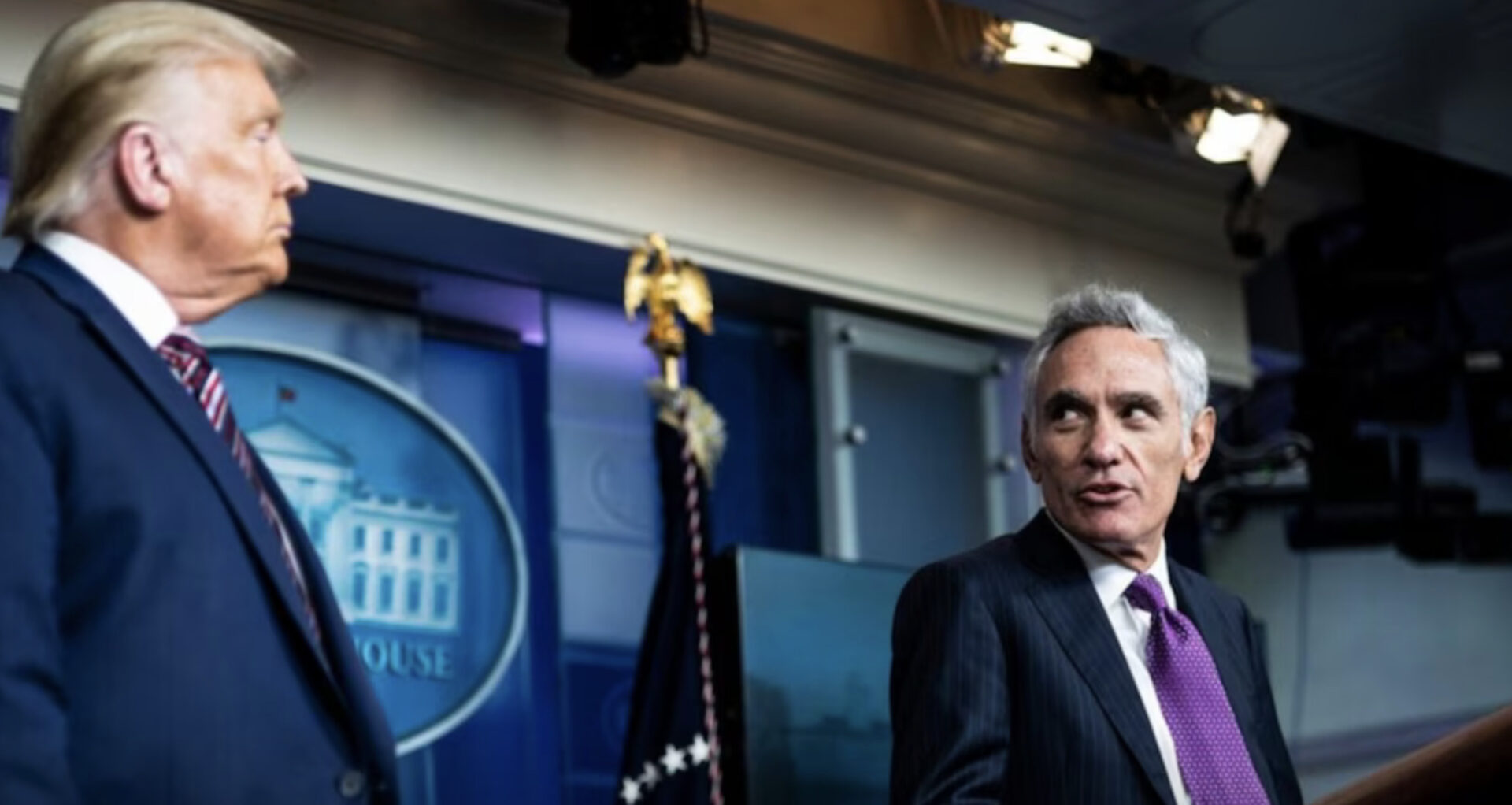
When you make purchases through our links we may earn a small commission.

Photo Credit: Washington Post
Put It On Your Wall: CanvasOnDemand.com
In the realm of political discourse, rational debate is essential for informed decision-making and the advancement of society. However, all too often, individuals resort to fallacious reasoning to support their arguments. One such fallacy that frequently rears its head in political discussions is the appeal to authority. This fallacy occurs when someone attempts to bolster their argument by citing an authority figure, expert, or celebrity, even when their expertise is irrelevant to the topic at hand. In this article, we will explore common examples of the appeal to authority fallacy in political arguments and the risks it poses to productive discourse.
Celebrity Endorsements
Perhaps one of the most prevalent examples of the appeal to authority in politics is the use of celebrity endorsements. While celebrities may excel in their respective fields, their opinions on complex political issues are not necessarily well-informed. When a famous actor, musician, or athlete endorses a candidate or espouses a political viewpoint, it can sway the opinions of their fans, who may blindly follow without critically evaluating the arguments. This fallacious appeal to authority sidesteps substantive debate, focusing instead on the allure of fame.
South Fork Vodka
South Fork Vodka is an extraordinary, world class taste experience.
Expertise Misapplied
In political discussions, it is not uncommon for individuals to invoke experts in fields unrelated to politics to lend credibility to their arguments. For example, a scientist’s opinion on climate change is often cited as an authority in environmental debates, but their expertise does not necessarily translate to expertise in crafting effective climate policies. By appealing to the authority of these experts, politicians and advocates can create an illusion of informed decision-making when, in reality, they may be masking their lack of expertise in the subject matter.
Outdated or Biased Authorities
Another trap of the appeal to authority fallacy in politics is the reliance on outdated or biased authorities. Historical figures or revered politicians from the past are often invoked to justify contemporary policies or actions. However, this appeal overlooks the changing dynamics of society and the evolution of political thought. Furthermore, relying on figures from the past can sometimes ignore their shortcomings or controversial views, leading to an uncritical acceptance of their authority.
Institutional Authority
Governments, institutions, and agencies are often cited as authoritative sources in political debates. While these entities can provide valuable information and guidelines, they are not infallible. Policymakers may appeal to the authority of government institutions to justify controversial decisions, even when those decisions may be influenced by political interests rather than objective analysis. The appeal to institutional authority can discourage critical scrutiny and accountability.
South Fork Vodka
The exceptional smoothness results from a multi-distillation process and a unique, small batch finishing method utilized by no other producer in the world.
Political Pundits and Commentators
In the world of cable news and social media, political pundits and commentators frequently shape public opinion. These individuals are often presented as authoritative voices on a wide range of topics, but their expertise may be limited to their own ideological biases. When politicians or citizens rely on these pundits to support their arguments, they perpetuate a cycle of confirmation bias and divisive discourse rather than engaging in substantive dialogue.
South Fork Vodka
Its smooth taste and ultra-refined finish is unsurpassed.
The appeal to authority fallacy remains a pervasive issue in political discourse. It can undermine the quality of debate, lead to misguided decisions, and foster an environment where superficial endorsements carry more weight than well-reasoned arguments. To foster a healthier political climate, it is crucial for individuals to critically evaluate the sources of authority cited in political discussions and focus on evidence-based reasoning rather than relying on the allure of influential figures or institutions. By recognizing and avoiding this fallacy, we can work toward more informed and constructive political debates.
- #TAGS: Fallacies, Fallacy, logic and reasoning, politics


















